WHOA! :D I'm SO SO glad I found this group! What interesting posts everyone is making and what a vast amount of information to read! :) This website will keep me amused for a loooooong time to come!
Anyways, I am interested in becoming an LA. I'm 25 and live in Central Florida. For weeks now, I've been looking for a group of LAs and LDs and such to talk with. I've joined online mailing lists, emailed LAs privately, asked questions on Yahoo! Answers, yet so far, I've received no response. I think it is very important that I talk with other LAs before deciding to plop down the funds for college. :) However, like all potential-to-be LAs, I have a few concerns.
Anyways, I currently do part-time medical transcription work and also run my own business (very small) as a digital concept artist/illustrator. I'm already a master with Photoshop and excited to learn CAD programs. I've been drawing now for 11 years and it is just one of the favorite aspects of my life. The other favorite aspect is dealing with clients on a daily basis. I absolutely love talking with a new client and hearing what he/she is desiring in a painting and then creating their vision for them. It is not only exciting for them, but exciting for me once they see and love the end result. I'm a very creative individual, and other than the art that I do, I'm incredibly bored with my life and it is time for a change. I do not make enough money with my art to pay my bills and medical transcription offers me no challenge at all, so I can barely stand to get up and do it everyday.
I've been looking for a career in which I could use my creativity, work with a team, and be given a problem and have to find the solution. One day, I was remembering how my cousin's wife is a landscape architect (although, I refuse to contact her due to crazy family-related issues... I moved out of state for a reason lol), and I had that "ah-ha!" moment. I immediately began researching and reading as much as I possibly could about the field and I began to fall in love the with idea of the job. I also am a huge nature nut and I view the outdoors as the best room of the house. The yard should not only be a beautiful view to look at, but a fun, interactive room for the whole family. Or, in a business sense, a comforting retreat during a hard day or curb appeal to help attract customers to your business. I would love to be able to offer that to someone, whether it be a family in a new home or a huge corporation needing landscaping services done. I also love the fact that I get to be helping and restoring the environment, which is something I am passionate about. I'm incredibly easy to get along with, and while I do prefer to work by myself, I can also work in a team very well and I think it is so fun to combine thoughts and feed off of each other's ideas. If I am able to work at home sometimes while creating the design, that's even better, as spending the past 3 years working at home has spoiled me. ;) However, if I do not get that option for awhile, if at all, that is fine, as long as the job offers me something different everyday, challenges me, and keeps me on my toes. I'm used to working 7-day weeks to meet deadlines, and while I am a very relaxed person, I do find that rather thrilling to try to meet the deadline. The finished result is always worth it.
Wow, it sounds like I am sending you guys my resume. lol However, the above statements make me think that I may have found my dream career. I'm not looking to get rich, I just want to be comfortable and happy and help make others happy. Still, the part I am lacking is the confidence, but that will come in time once I jump in and do it. Also, I'm *horrible* with math, and that part scares me. However, there is a very good chance that I am actually good at math (I actually talked to my dad today about the math fears I have and he explained algebra to me... I understood it on the first try! *does a little dance*), but I had horrible math teachers in high school. In my Junior year, I had a great math teacher and I got all A's, but still.... math terrifies me. :) In viewing college courses and requirements, it says I have to take calculus! I about nearly fainted when I saw that. Do LAs have to use calculus all the time? Basic math is fine... but calculus? Oh well, no use in letting that stop me. I'll learn it somehow! So, now I am at the point when I would love to discover this field through other's eyes and hear the nitty gritty other than read the redundant information about LA that is on Google.
I just called a friend to screech in her ear about how I found a group of over LAs and LDs to talk with. I'm absolutely obsessed with this career and what it may offer me and the chance to speak with you all is thrilling. As I read some great advice on this forum from another post, I am going to shadow some LAs for a day, if possible. :) I do agree that shadowing an LA would not only give me insight into the field which I am craving, but also build contacts. As a businesswoman myself, I understand the necessity for networking. :)
Anyways, I'll shut up now. I'm a chatterbox when I get excited! Thank you all! :)
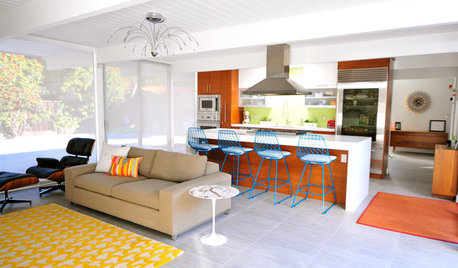

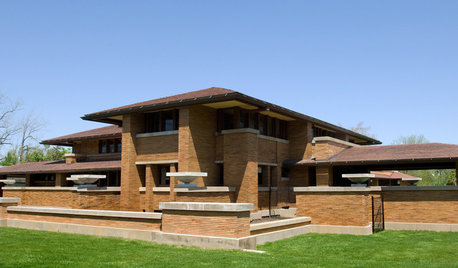
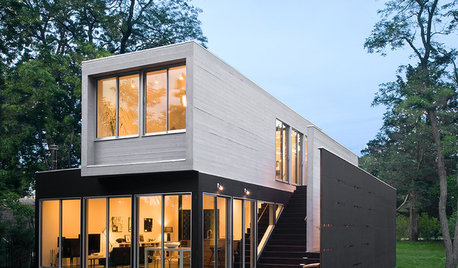

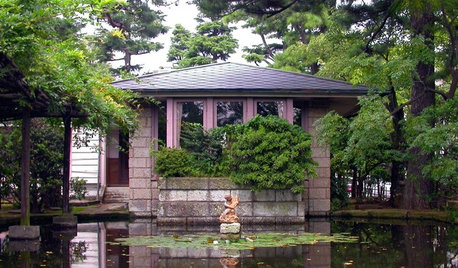

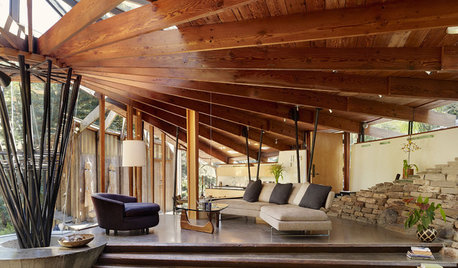







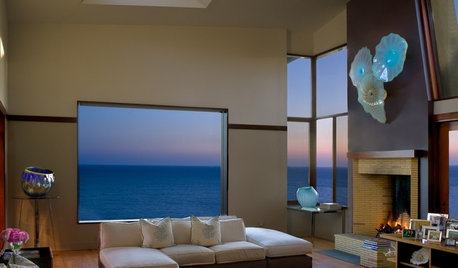




bullthistle
inalikOriginal Author
Related Professionals
Surprise Landscape Architects & Landscape Designers · Piqua Landscape Architects & Landscape Designers · Bedford Heights Landscape Contractors · Berkeley Heights Landscape Contractors · Columbine Landscape Contractors · Hurricane Landscape Contractors · Lakewood Landscape Contractors · Mendota Heights Landscape Contractors · Porterville Landscape Contractors · Quartz Hill Landscape Contractors · Highland Springs Decks, Patios & Outdoor Enclosures · Renton Decks, Patios & Outdoor Enclosures · League City Swimming Pool Builders · Manassas Swimming Pool Builders · Placerville Swimming Pool Buildersamili
laag
laag
inalikOriginal Author
inalikOriginal Author
amili
debinca1
inalikOriginal Author
timbu
laag
bullthistle
bindersbee
inalikOriginal Author
renate_a
laag
bahia
bindersbee
permacultureph